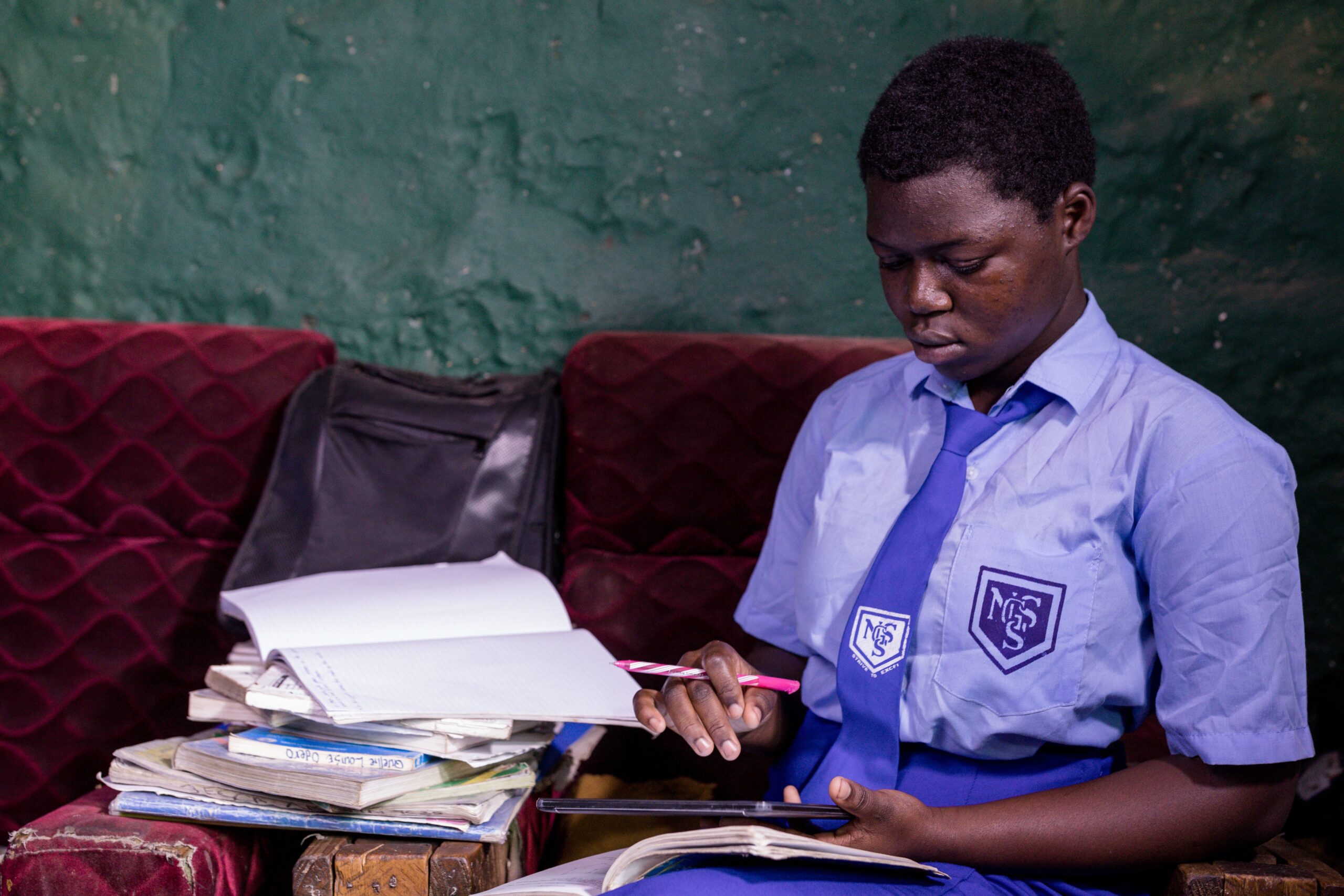Funding of research seeks to add value to the quality of life directly and/or indirectly. The funding of applied research addresses priority areas that have an immediate bearing on human life, like genetic engineering, or the manufacture of drugs, for example, directly adds value to the quality of life.

In the final analysis, all good research adds value. Good basic and applied research will, at a minimum, add value to the existing knowledge frontier. Grant-oriented research ,as things of value, cannot be implemented in an ad hoc way. Hence, the a need for planning in writing grant-oriented research proposals. Read more similar posts on our research page of the site.
Rationale for Planning
The maxim, If we fail to plan, we plan to fail is very well-known. This is particularly important in the case of writing a grant-oriented research proposal for several reasons. First, writing for grants is a competitive business with all its uncertainties.
There are so many qualified individuals with whom the writer is competing globally. Therefore, one has to justify beyond a reasonable doubt why the grant has to be awarded to one and not others.
Careful planning and implementation are one way of ensuring this. Second, planning ensures that the writer has a focus and direction. Third, planning enables the identification of the areas of strengths and weaknesses of the writer which can be leveraged upon or built up.
Fourth, planning also helps identify the different opportunities existing worldwide in the business of writing grant-oriented proposals, which the writer can take advantage of. It also leads to the identification of threats in the
Elements of a proposal: Writing plan
The writer has to continue to enhance success. The writer’s aflame work of action for the environment the Finally, planning offers treated lightly to the extent of being glossed over. Several planning issues need to be adequately addressed before the writer starts writing the proposal. For this paper, we shall classify them into five:
Awareness Issues;
Identification and choice Issues;
Conceptualisation Issues;
Implementation Issues; and
Next steps and Follow-up Issues.
Below, we consider these issues.
Awareness Issues
The first and perhaps the most important awareness issue is the awareness of self. What are the strengths of the writer? What are his areas of expertise? What are those things he or she can do better than his/her peers? What can the writer do so well that he or she can get credit and also be paid in the bargain? Similarly, what are the weaknesses of the writer?
The second awareness issue relates to the different opportunities and threats existing in the research-grant writing environment. It is good to comb the environment and find out what exists there.
Various sources like the Internet, libraries and brochures can be consulted to know what is on offer in different areas as well as the areas of focus of funding organisations. In addition, it is good to know if there are any obstacles in the environment militating against particular offers.
These may include policy restrictions of the government in the countries of domicile of grantors or potential grantees. They may involve restrictions of focus in disciplines or specialities. It is the he or she does not flog a dead horse.
Identification and Choice Issues
Issues in research has to be identified. Having known what one can do and those things which are on offer and are feasible, is the next step in the planning process for writing appropriate for the area of interest and focus of the writer. Research et al, 2003).
It is particularly important to identify potential donors for unsolicited research proposals. This is important because most donors have their priorities. For an unsolicited proposal to succeed with a potential donor, therefore, it requires that the proposal fits snugly into the priorities of the funding organisation.
Secondly, most donors have spatial or locational priorities like focusing on Eastern Europe and emerging economies, in the recent past, in contrast to Africa. Priorities in special subject areas or disciplines are the vogue in many funding agencies.
Issues such as HIV/AIDS, environment, gender, conflict resolution and the like are focused upon by many funding agencies: The writer must identify which agency focuses on what in the planning phase before deciding to write. Information about these issues can be obtained from the internet, databases of libraries, brochures and through consultation with colleagues.
Part of the identification issues relates to finding out and obtaining the guidelines that govern the proposal development and submission process of potential funders. In these guidelines, one can obtain information on members of the selection committees.
It may be good to know their interests and specialities so that one can steer one’s language and presentation to meet the demands of the evaluating audience.
The guidelines can also give detailed information on such issues as eligibility, funding priorities, proposal format, budgets, valuation criteria and submission deadlines. The writer should plan
Preparing to Write: The Planning to follow the guidelines to the letter. This enhances the potential success of the proposal to a great extent.
Conceptualization Issues
An important issue here relates to defining an appropriate title that is agencies. Additionally, the writer needs to determine the key potential literature to be consulted.
As part of conceptualisation issues, the writer should determine the important steps required for developing the proposal, like literature search, proposal development, and proposal writing time.
How and when to obtain comments from colleagues and when to embark on proposal revision. Then, a timeline for the identified activities should be developed in such a way that the set deadline is met in earnest.
The implementation issues
The implementation issues referred to here relate to the proposal-writing plan implementation in research. A plan is not worth more than the paper on which it is written if it is not implemented.
The writer must endeavour to discipline himself or herself in expeditiously following the plan and keeping to (or even beating) the specified deadline. It is important, as part of the implementation process, to ensure that the draft proposal is ready early enough for the writer to obtain comments and feedback from colleagues, including mentors.
In asking for comments and feedback, it is also important to make copies of the guidelines for the proposal available to readers, so that they can appropriately advise the writer. This helps to improve the quality of the proposal and enhances its potential.
Next Steps and Follow-up Issues
Research work is critical to plan before writing the proposal for possible and subsequent steps to take and follow-up activities after submitting the proposal. In this regard, the writer should carefully identify those who can be contacted for follow-up and when.
When these are known and planned for, it is important to ensure that they are implemented. Where it is indicated that no correspondence will be made when this is allowed, should it be planned for and implemented.
Concluding Remarks
In research, the planning phase of writing grant-oriented proposals is often neglected in this important phase of the proposal-writing process.
References
Bamiro, O.A, O. Oladepo, A.I. Olayinka, L. Popoola and A. Soyibo.2003, The Planning and Writing of Grant-oriented Research Proposals, Ibadan: Postgraduate School, University of Ibadan.
Soyibo, Adedoyin,1996.Writing Research Grant-oriented Proposals for Humanity-based Disciplines. Paper presented at the Postgraduate School Seminar, University of Ibadan, Ibadan, 28 February.










